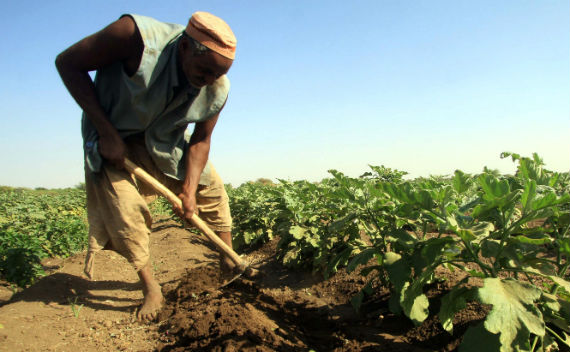Large Scale Agricultural Investment: A Silver Bullet for Development?
More on:

This is a guest post by Asch Harwood, Council on Foreign Relations Africa research associate. Follow him on Twitter at @aschlfod.
Development agencies, multinationals, NGOs, private investors, and politicians regularly tout the potential of large scale agricultural investment for development and food security--a point emphasized by the World Bank’s 2008 World Development Report, “Agriculture for Development.”
On the surface, this seems to make sense, particularly for Africa. Agriculture is already a central part of most developing economies. It accounts for around 34 percent of GDP and 64 percent of employment in sub-Saharan Africa, according to the World Bank. Further, agriculture has significant room for growth given the low rates of productivity and automation.
However, multinational investments in agriculture in the world’s newest state of South Sudan are raising questions about the need to balance the interests of investors with the interests of communities where those investments are taking place.
A report last month by the Financial Times suggests that investments, not structured properly, could have the opposite effect envisioned by the World Bank, USAID, and other donors pushing agricultural investment. This FT article focuses on the example of Egyptian private equity firm Citadel Capital, which has leased 259,000 acres, and has made a twenty-four million dollar investment but so far has only employed sixty people, most of whom are Zimbabwean.
The Oakland Institute and Norwegian People’s Aid both have published reports outlining a number of other deals. And both raise serious concerns. As the author of the NPA report notes, “While in theory, this influx of investment could provide development opportunities for rural communities, without the appropriate procedures in place there is a danger that it will serve to undermine livelihoods.”
The next blog post will appear on January 3. Happy Holidays!
More on:
 Online Store
Online Store